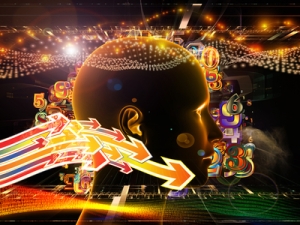“True happiness is to enjoy the present, without anxious dependence upon the future, not to amuse ourselves with either hopes or fears but to rest satisfied with what we have, which is sufficient, for he that is so wants nothing. The greatest blessings of mankind are within us and within our reach. A wise man is content with his lot, whatever it may be, without wishing for what he has not.”
― Seneca
How would you describe your life right now? Satisfied, happy, joyful, content or would it be more like stressed, overworked. anxious, unhappy, confused, bored, consumed, or angry?
What would you say about your life today? What do you want to say about your life?
Ponder those questions, give them some thought and really try to determine where you are in life today.
If you are satisfied, content and enjoying life you’re probably one of a few that do. Many people are finding themselves more stressed and more discontent than ever before. If you are one of the many who find themselves highly stressed what are you doing about it? What steps are you taking to lower the total stress in your life?
To de-stress consider eating better, getting eight hours of sleep and adding exercise to your daily routine. At work, get up and move every hour for a few minutes, do some deep breathing and stretch. Schedule time each day to relax and do something enjoyable. For some people de-stressing includes doing something for others (volunteering) and for others a long quiet walk will do the trick.
If you are stressed take action to lower that stress load. The impact of negative stress over time can impact your health and well-being. Notice the warning signs of stress – fatigue, increased anger, impatience, depression, or sadness and take action to lower the stress in your life.
If you’re not satisfied with your life as it is – take action to make some changes. Take action to lower the stress that may be impacting our quality of life and start today.







